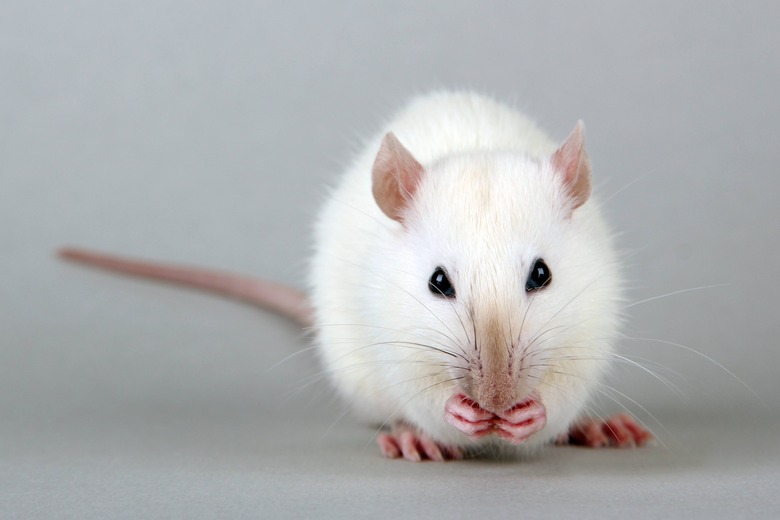Do Artificial Sweeteners Make Rats Fat?
Artificial sweeteners are a terrific example of why correlation does not necessarily mean causation.
Their use has increased in parallel — is highly correlated — with rising rates of obesity. But could artificial sweeteners cause obesity?
Unlikely as that idea may seem, Brazilian researchers thought it was worth careful investigation.
They did a preliminary study of sweeteners and weight gain in rats.
They report: Although total calorie intake was similar in all rats, the rats fed artificial sweeteners gained more weight than those fed sucrose (table sugar).
The investigators fed the rats yogurt containing either sucrose, aspartame, or saccharin, along with unlimited amounts of rat chow.
The rats must not have liked the taste of the artificial sweeteners because they ate more of the sucrose-containing yogurt than the kind with artificial sweeteners. They compensated for less yogurt by eating more rat chow.
Although saccharin and aspartame promoted relatively fewer calories from yogurt intake when compared to sucrose, increases in calories from chow intake effectively compensated for decreases in calories from yogurt, in such a way that there was a similar total caloric intake among all groups after the 12-week period of the experiment.
As they put it, "Possible explanations for weight-gain in saccharin and aspartame groups without increasing energy intake are still widely speculative." They suggest that artificial sweeteners might induce:
- Reduced energy expenditure
- Excessive insulin secretion
- Increased fluid intake and retention
What are we to make of this?
This is a small, preliminary study using only 10 rats in each of the three groups.
The differences in calorie intake were small and small calorie differences are difficult to measure.
Bottom line: This is an interesting result that needs to be repeated with greater numbers of rats and even more careful calorie measurements.
